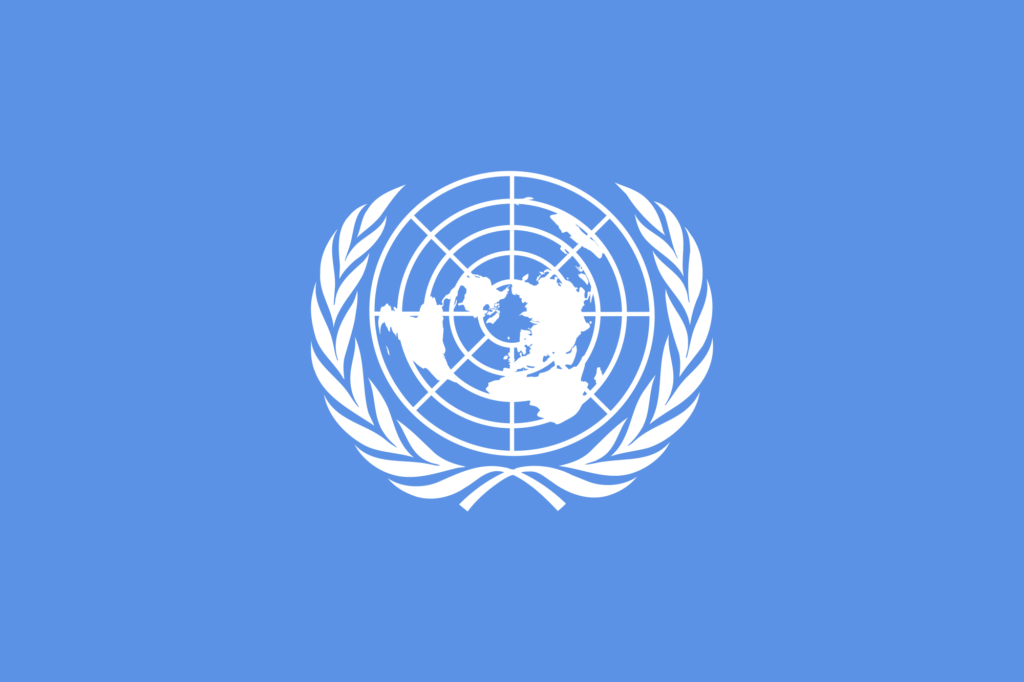
While our government in Washington is struggling to deny climate change, we can take action locally. Our electric coop, La Plata Electric Association (LPEA), offers easy ways to do this by purchasing renewable power.
Isn’t all electricity the same? Yes, it is, if it comes through wires attached to the electrical grid. Let’s look at reasons you might want to use electricity generated in a renewable way. Do you have asthma like I do? Millions of other people in our country suffer from this and other respiratory afflictions. Breathing is made more difficult by the fine particles that escape from coal fired power plants and by smog that comes from the ozone generated by natural gas development. Those tiny particles are invisible but cause atmospheric haze. Worse is that they are also responsible for loss of life due to cancer and heart attacks.
We are already suffering the effects of climate change. Despite the welcome snow this month, southwest Colorado is still at the worst level of drought. The huge 416 wild fire last summer was much too close to home. Climate change has prolonged the forest fire season and has helped to create many more mega-fires. We are seeing the effects of anthropocentric climate disruption already! One action that we can take to slow climate change is to use less electricity generated by burning fossil fuels.
In addition to fouling the air, power plants are some of the biggest users of fresh water, which they use for cooling. Although some of the water is returned to streams or rivers, it is hotter, which can be fatal for fish and other animals. Some think that nuclear is the safest source since it is less polluting.
Every source of electricity has its drawbacks, unfortunately. This is why I sometimes write about energy in columns that focus on human population. Almost everything that people do has detrimental effects to the natural world. We can decrease that impact by decreasing the number of people, by consuming less and by technology. Using renewable power is one way of minimizing our impact.
LPEA has 2 voluntary programs to promote renewable or “green†power generated by solar, wind or hydro. Our electrical cooperative can provide part or all of your electricity from these renewable sources. The extra cost is minimal, only about 50¢ a month for the average LPEA member. A call to their friendly office staff can give you more information. They also have a program to fund local solar arrays. This Renewable Generation Fund is currently helping to support 4 projects at nonprofits.
Your first step should be to look for ways to use less energy. That saves money and diminishes one’s impact. Turn off lights you don’t need, and install dimmers if you don’t always need to run lights at full brightness. Our local 4CORE specializes in home energy efficiency. It offers ideas to decrease waste of electricity and rebates for Energy Star® appliances.
LPEA has a great program to reimburse you for half of the cost of certain efficient LED bulbs. These use only a fraction of the “juice†of traditional incandescent bulbs and are more efficient, and safer than compact fluorescents. I’ve taken advantage of this program in the past, buying a few LEDs at a time, but I went hog-wild this year since it is the last year of the program. Soon almost all the light in our home will come from the sun or LED bulbs! LEDs are much improved and the price has come down dramatically. To find out more about this rebate program go to www.LPEA.coop—but be careful to follow the instructions carefully.
We are tied to Tri-State Generation and Transmission for all of our electricity except what is generated locally. Despite the decreasing costs of solar panels, soon people won’t be able to install solar arrays because the contract with Tri-State, which limits the amount of power that can be generated locally. Because so much of their energy comes from burning coal, they are rumored to be the most polluting power supplier in the country. Tri-State has been slow to convert to renewable sources but it appears that they are finally seeing the light; they are installing a huge solar array north of Trinidad, Colorado.
We can be proud of our electric coop for its support of renewable power, especially with its new policy to cut its carbon footprint by 50% by 2030, while keeping rates low. We need to keep pressure on Tri-State to increase their low limit on locally generated renewable power.
©Richard Grossman MD 2019
